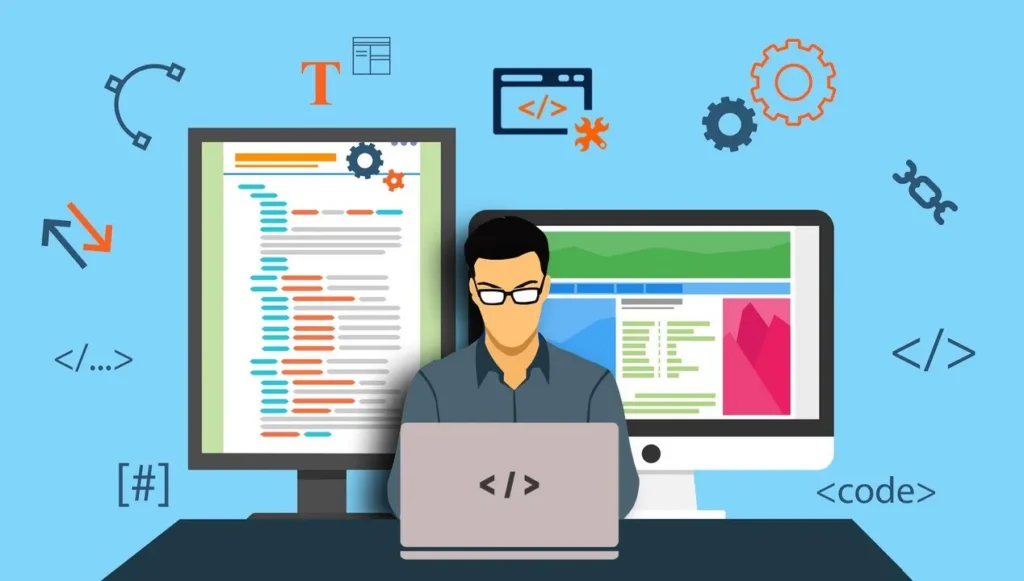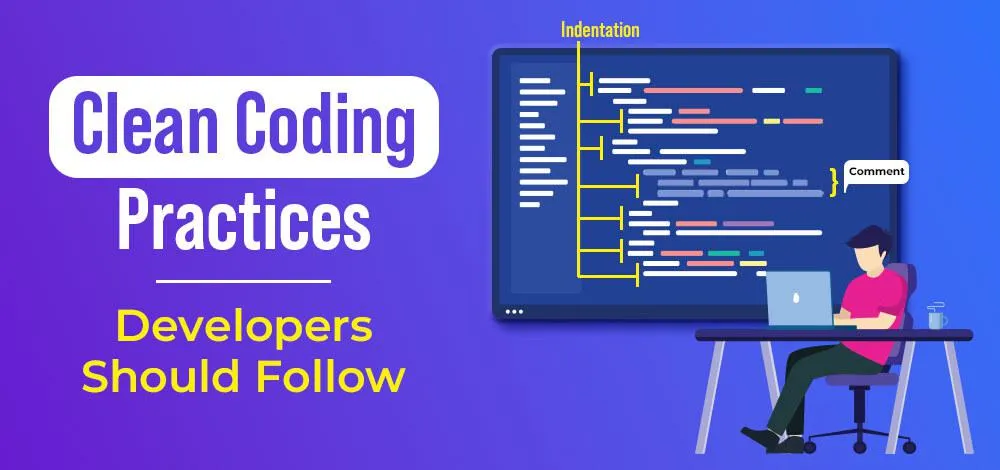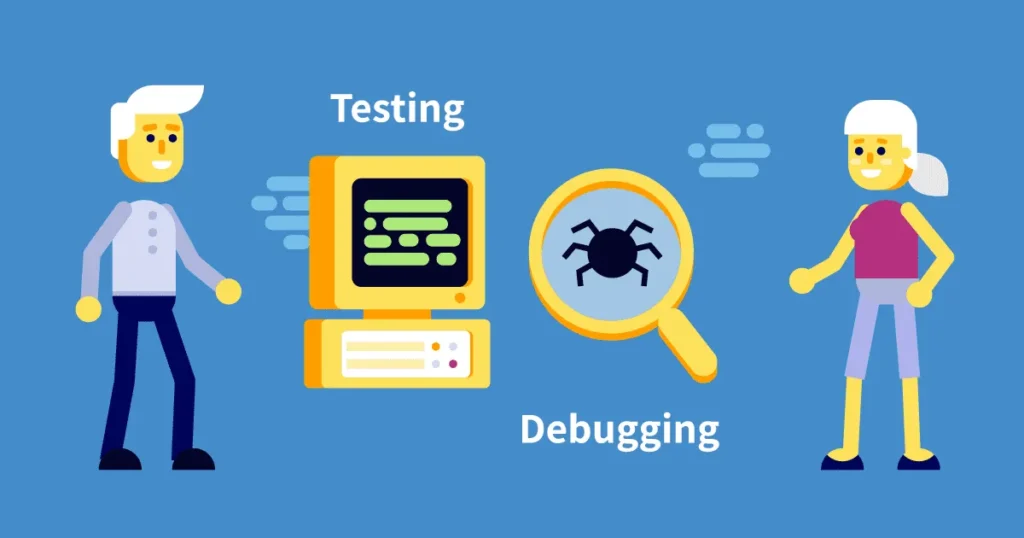The world of programming is ever-changing and dynamic, requiring constant learning and adaptation. Whether you’re a seasoned developer or just starting out, there are fundamental principles and skills every programmer should know to thrive. Here, we explore 12 essential things every programmer should understand to excel in the field.

1. The Fundamentals of Computer Science
Programming is built on the foundation of computer science. Understanding algorithms, data structures, and computational complexity is crucial. These concepts help you write efficient and optimized code. Start with basics like sorting algorithms (e.g., QuickSort, MergeSort) and data structures like arrays, linked lists, and hashmaps.
Key takeaway: Invest time in mastering foundational knowledge; it will serve you throughout your career.
2. Version Control Systems
Every programmer should know how to use version control tools like Git. These tools allow you to track changes, collaborate with others, and manage codebases effectively. Platforms like GitHub and GitLab make teamwork and project management easier.
Why it matters: Version control is critical for teamwork and safeguarding your code from accidental loss.
3. Problem-Solving Skills
Programming is essentially problem-solving. Strong analytical skills help you break down complex issues into manageable parts. Practice problem-solving regularly on platforms like LeetCode, HackerRank, or Codewars to sharpen your skills.
Pro tip: Focus on understanding the problem before jumping into the code.
4. Clean Code Practices
Writing clean and readable code is as important as making it functional. Follow coding conventions, use meaningful variable names, and include comments where necessary. Books like Clean Code by Robert C. Martin are excellent resources.
Remember: Future you (or another developer) will thank you for writing clean, maintainable code.

5. Understanding Databases
Databases are integral to most applications. Knowing how to design schemas, write SQL queries, and manage databases is essential. Additionally, explore NoSQL databases like MongoDB for non-relational data storage.
Key areas to learn:
- Basic CRUD operations
- Joins and indexing in SQL
- Differences between SQL and NoSQL databases
6. APIs and Integration
In today’s interconnected world, APIs (Application Programming Interfaces) are everywhere. Knowing how to work with RESTful APIs, SOAP, and GraphQL is a must. Learn how to send HTTP requests and handle responses in your preferred programming language.
Why it matters: APIs are the backbone of modern applications and allow seamless integration between services.
7. Security Best Practices
Understanding basic security practices protects your applications from vulnerabilities. Learn about encryption, authentication, and techniques to prevent common attacks like SQL injection, Cross-Site Scripting (XSS), and Cross-Site Request Forgery (CSRF).
Tip: Always validate user inputs and use secure libraries.
8. Testing and Debugging
Testing ensures your code works as expected, while debugging helps identify and fix issues. Learn about unit testing, integration testing, and automated testing frameworks like JUnit for Java or PyTest for Python.
Why it’s important: Testing saves time in the long run and increases software reliability.

9. Cloud Computing Basics
Cloud services like AWS, Azure, and Google Cloud are becoming integral to software development. Knowing how to deploy, scale, and monitor applications on the cloud can significantly enhance your career prospects.
Focus on:
- Virtual machines
- Containerization (Docker)
- Basic cloud architecture
10. Time Management and Productivity Tools
Programming projects often have tight deadlines. Mastering tools like Trello, Jira, or Asana can help you stay organized and on track. Adopt techniques like the Pomodoro Technique or time-blocking to maximize productivity.
Pro tip: Learn to balance learning new technologies with delivering projects on time.
11. The Importance of Soft Skills
Soft skills like communication, teamwork, and adaptability are as important as technical skills. As a programmer, you’ll often need to explain your ideas, collaborate with others, and adapt to new challenges.
Remember: Great code is the result of great teamwork.
12. Lifelong Learning and Adaptability
Technology evolves rapidly, and programmers must stay updated. Regularly learn new programming languages, frameworks, and tools. Online platforms like Coursera, Udemy, and freeCodeCamp offer countless learning resources.
Mindset: Be a student for life; it’s the only way to stay relevant in the tech industry.

FAQs
1. Why is version control essential for programmers?
Version control systems like Git allow developers to track changes, collaborate on projects, and prevent accidental code loss.
2. What is the best way to learn algorithms and data structures?
Practice regularly on competitive programming platforms and refer to textbooks like Introduction to Algorithms by Cormen et al.
3. Why are soft skills important for programmers?
Soft skills improve teamwork, communication, and adaptability, making it easier to work collaboratively and effectively in dynamic environments.
4. What tools can improve a programmer’s productivity?
Tools like Trello, Jira, and time management techniques like Pomodoro can help programmers stay organized and efficient.
5. How can I keep up with the latest trends in programming?
Follow tech blogs, participate in developer forums, attend webinars, and take online courses to stay updated.
Conclusion
Becoming a skilled programmer isn’t just about writing code; it’s about mastering a combination of technical, problem-solving, and soft skills. By understanding these 12 essential aspects, you’ll not only enhance your programming journey but also open doors to numerous opportunities in the tech world.
Start incorporating these practices into your routine today and watch your programming skills soar to new heights! 🚀







